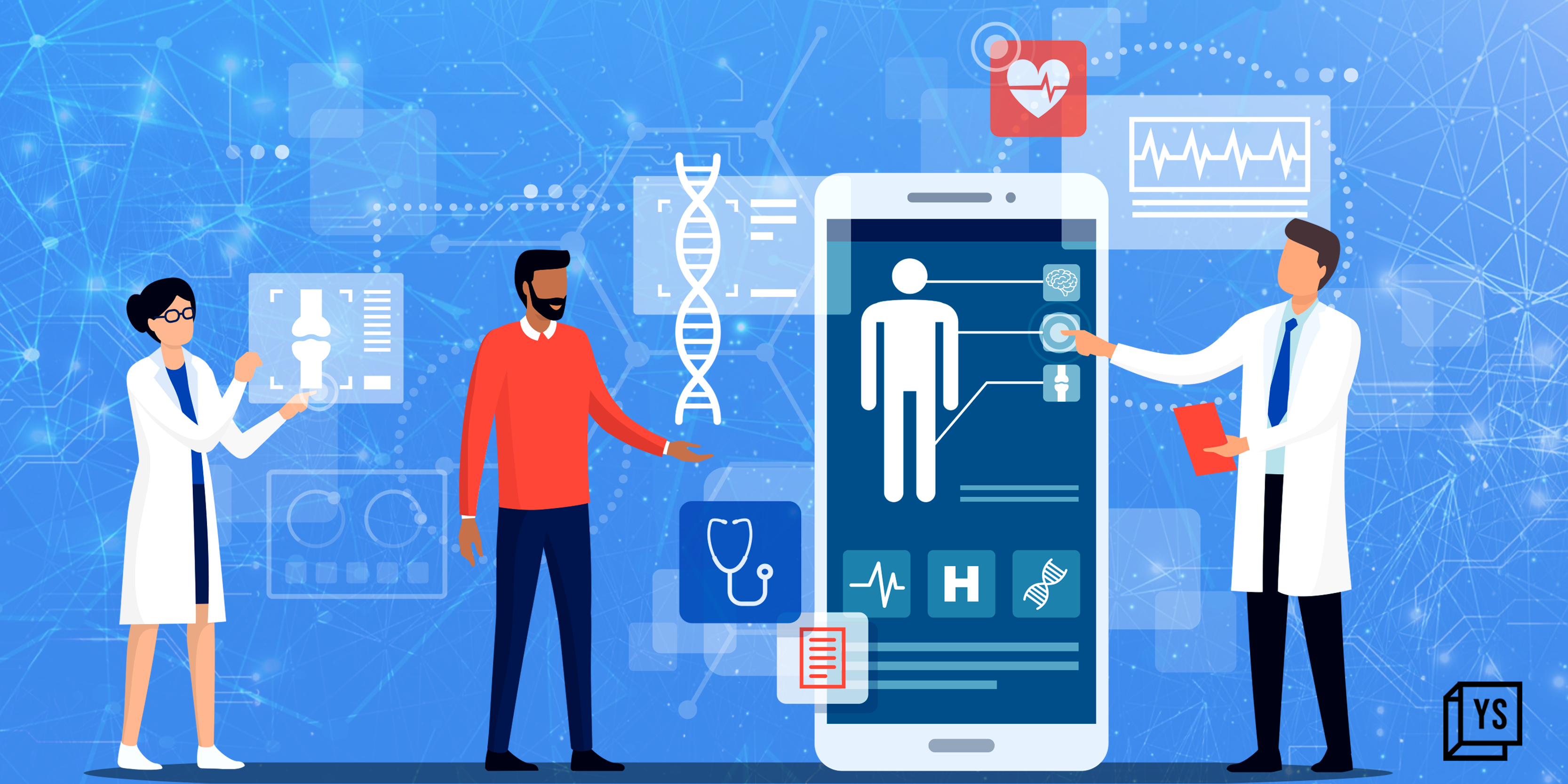As AI continues to dominate headlines, the allure of groundbreaking innovations often overshadows the less glamorous, yet essential groundwork required for effective AI deployment. With the initial euphoria surrounding Gen-AI slowly tempering, the focus is shifting towards more pragmatic solutions, particularly in enterprise data foundations. This shift is especially significant in healthcare Global Capability Centres (GCCs), where robust data management is not just a necessity but a strategic advantage.
Enterprise AI involves integrating advanced AI technologies across an organisation’s processes to drive efficiencies and innovations. In healthcare GCCs, this means harnessing AI for applications ranging from predictive analytics and personalised treatment plans to operational optimisations. For example, AI-driven predictive analytics can forecast patient admissions with impressive accuracy, thereby optimising resource allocation and minimising wait times.
Accenture’s recent study underscores this potential, revealing that AI could save the US healthcare system up to $150 billion annually by 2026. However, amidst these promising projections, the road to successful AI implementation in healthcare GCCs is fraught with challenges.

While the benefits of AI are compelling, translating this potential into reality involves taking on several challenges. First and foremost is the concern around data privacy and security, especially with sensitive patient information at stake. Integrating AI with existing legacy systems adds another layer of complexity, compounded by a shortage of skilled AI professionals. According to Gartner, up to 85% of AI projects fail to deliver their promised outcomes, highlighting the significant hurdles that organisations face.
Moreover, the high initial investment required for AI technologies, often coupled with ambiguous return on investment (ROI) projections, can dampen enthusiasm. Addressing these issues requires a pragmatic approach, including setting realistic expectations and adopting a phased, iterative strategy for AI deployment.
To navigate these challenges successfully, healthcare GCCs must adopt a well-structured strategy for AI implementation. A critical starting point is establishing a robust data management framework. This framework should ensure high data quality, governance, and security, laying a solid foundation for AI applications. Collaboration between IT and healthcare professionals is essential to align AI initiatives with clinical workflows, ensuring that technological advancements translate into tangible improvements in patient care.
A prime example of effective AI integration is the collaboration between Mayo Clinic and Google Cloud. Their partnership has resulted in AI-powered solutions that enhance patient care while upholding stringent data privacy standards. This example underscores the importance of integrating AI with a focus on foundational data management.
For AI to be effectively integrated into existing healthcare GCC infrastructure, a flexible and interoperable architecture is essential. This approach allows seamless operation across diverse systems, enabling efficient processing of large volumes of data. Additionally, edge computing can be leveraged to process data closer to its source, thereby reducing latency and improving response times. This integration method is particularly beneficial in healthcare settings where timely access to data can significantly impact patient outcomes.
Implementing AI in healthcare GCCs also involves overcoming regulatory, ethical, and change management challenges. Compliance with health data regulations, such as HIPAA in the US, is critical to avoid legal repercussions and ensure patient trust.
Ethical considerations, including transparency around patient consent and data usage, must be addressed proactively to foster acceptance and support for AI initiatives. Engaging stakeholders throughout the AI implementation process is crucial. Providing continuous training and enabling a culture of innovation and adaptability can help mitigate resistance to change and ensure successful adoption of AI technologies.
The growth trajectory of AI in healthcare is promising. A report by MarketsandMarkets projects the AI in the healthcare market will expand from $4.9 billion in 2020 to $45.2 billion by 2026. This rapid growth highlights the necessity for healthcare GCCs to stay ahead of the curve by continuously exploring and integrating emerging AI technologies.
While the buzz around AI in healthcare is undeniable, its true potential will be realised through pragmatic and strategically sound implementation. Healthcare GCCs must prioritise building a robust data foundation, foster collaboration, and embrace scalable integration methods. The transition from hype to reality may be complex, but with a focused approach, AI can indeed revolutionise healthcare delivery, driving both efficiency and improved patient outcomes.
(Sumit Kumar is the Executive Vice President and Chief Delivery Officer of Thryve Digital LLP.)










